The foundation for a healthy life begins in utero and is built upon by years of teaching kids how to make healthy food choices, take care of their body, personal hygiene and making their emotional health and happiness a priority. Here are 15 Healthy Habits every parent needs to teach their children for lifelong benefits.
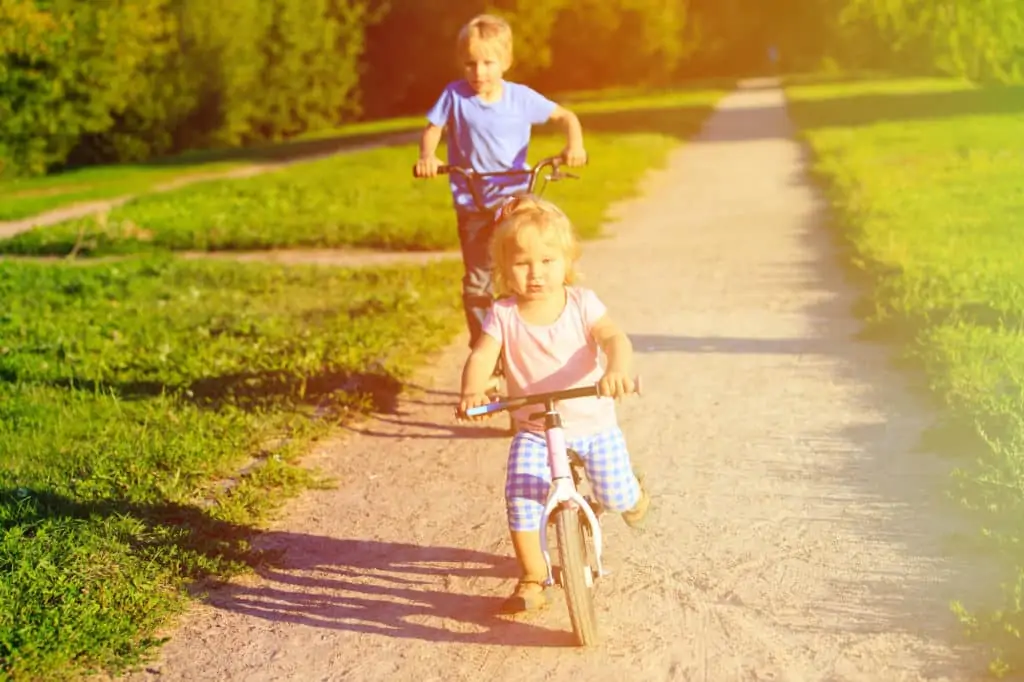
Children, unquestionably, learn the most from their parents and the adults they grow up around. From you, they will learn how to act, eat, treat other’s, react, and communicate. This foundation will steer them in their decision-making throughout their entire life.
Kids watch and listen even when you think they’re not and the foundation of our children’s lives are built upon the fundamentals we present them with.
Knowing how integral our decisions and lifestyle choices are to our family, establishing and most importantly, demonstrating healthy choices will set your children up to make their own healthy decisions and choices as they grow and eventually live in the world on their own.
Here are 15 fundamental habits to establish with your children to ensure they have the foundation for a healthy life.
1) EXERCISE
If you are active parents, your children will follow suit but it doesn’t mean that you’re running miles every day to squeeze in the recommended amount of daily exercise.
The message that exercise is important for body, mind and emotional balance is translated in your everyday behavior.
Incorporate being active just by choosing to take the stairs instead of the elevator, or walk to the store in place of driving.
Look for opportunities to be active with your children and spend time together connecting.
Some of our favorite activities include swimming and jumping off the diving boards at the local pool in the summer, riding bikes together (snag a bike carrier to pull behind your bike like this one we used and loved), take a nature hike or nightly family walks around the neighborhood.
If you live in a colder climate, there is no reason you can’t bundle up and head outdoors for winter fun sledding and skiing together.
When kids are big enough, and show interest, sign them up for youth soccer or another recreational sport. Gymnastics and dance classes great for gaining coordination and center-line movement.
2) MAKING HEALTHY FOOD CHOICES
Children’s tastes will change (sometimes drastically) through the years but no one is more in charge of what your children will put in their bodies, than parents.
Choose colorful vegetables, lean cuts of meat, fresh fruit, whole grains and stay away from white starches, processed meats, and packaged foods as much as you can.
Take it one step further and let your children help grow their own herbs, vegetables, and fruit in the garden and be a part of the menu planning and picking out groceries at the store.
3) PASS ON SUGAR & SODA
Anyone who eats sugar often enough (it’s packed into white starches, sweets, sauces, yogurts and processed foods and has several dozen different names on packaging labels), it distorts the true taste of fresh fruits and vegetables.
When you make a concerted effort to remove sugar from your diet, natural sugars found in real, unprocessed food will taste refreshingly sweet and delicious to reprogrammed taste buds.
Stay away from cookies, candy, cakes, sweets, sauces (you can find ketchups, dressings and condiments without sugar), drinks chalked full of sugar such as fruit juices, energy drinks and especially in sodas, to help program the body to crave the taste of natural and pure.
4) WATER IS ESSENTIAL TO HEALTH
Once babies outgrow breast milk and formula, they can begin drinking water.
Invest in quality BPA-free water bottles for your children to have on hand so they build the habits of reaching for water to quench their thirst instead of milk, and certainly juice and soda.
We have a couple of these water bottles in our house and like them (probably best for kids 3-6) and these for our youngest (1 – 3). Both are great because they are straw-free and you don’t have to worry about unclean, moldy straws if anything other than water goes in the water bottles (like smoothies) and isn’t completely clean.
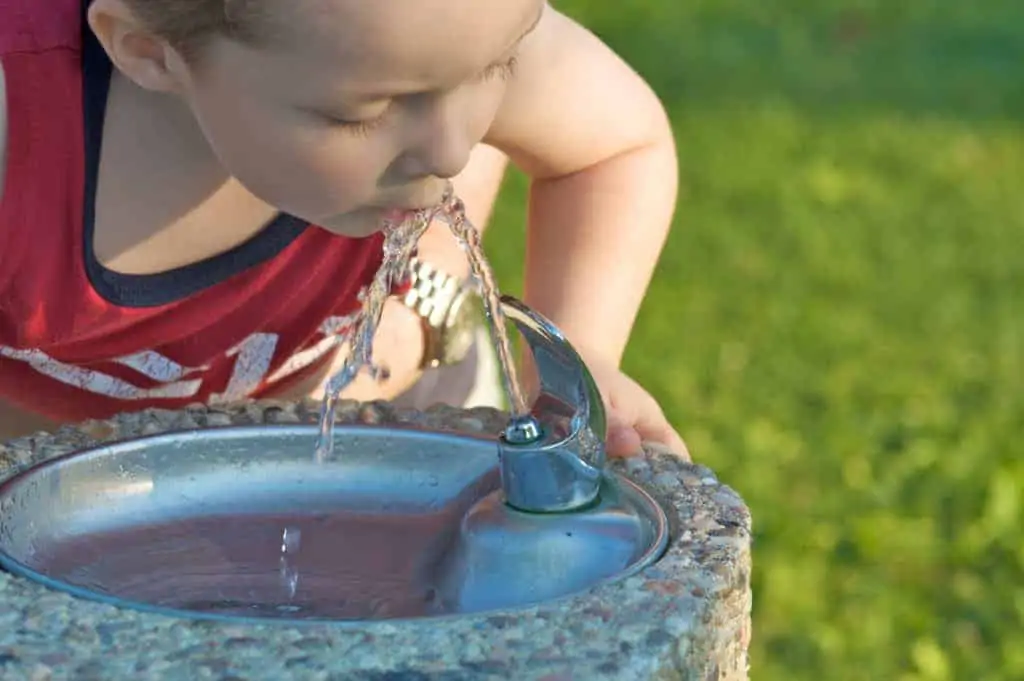
5) WASHING HANDS
Kids pick up colds and bugs much quicker and easier than adults because their immune systems aren’t as immunized. Once kids are in daycare, preschool and certainly grade-level school, germs circulate like wildfire!
Starting the habit of washing hands after they go to the bathroom, when they come in from outside, before eating, visiting places and petting animals is a great habit to start young.
When you can’t wash hands right away, carry a little hand sanitizer in your bag for a quick wipe-down. The FDA recently suggested the discontinuation of alcohol-based hand sanitizer for safety reasons, but this Honest Hand Sanitizer is alcohol-free, smells good (not like gasoline!) and drys ultra-fast. (The spray kind is great too, and small enough to keep one in each bag or coat pocket.)
6) BRUSH & FLOSS
Brushing and flossing every day is a priority habit to form early on. The health of your oral health is directly correlated to a person’s overall health (source).
Visiting the dentist twice a year from the age of two and beyond is important, but more important is maintaining twice-a-day brushing, flossing and limited the amount of sugar intake and foods that easily get stuck in hard-to-reach placed like raisins, cranberries, jerky and other sticky, stringy foods.
Spin-brushes make brushing fun for children, but also do a better job cleaning than little kids can do on their own (and maybe even some adults!)
7) MAKE SLEEP A PRIORITY
Sleep is incredibly important to a child’s growth and development. Cognitive and physical development is affected when the body isn’t able to recover and build itself during important periods of rest.
Check out this chart for the recommended number of sleep hours for age ranges as well as naps.
Sleep is a common issue amongst young children. Oftentimes there are two camps – the child that is a great sleeper and the child that fights it. Here are some resources if you have a If you have trouble with a child who is a light sleeper or need a routine to make bedtimes more peaceful and less of a battle, or would like a sample routine to get your kids on track to fall asleep at an age-appropriate time.
8) START THE DAY WITH A BALANCED BREAKFAST
Breakfast is the most important meal of the day; it’s what fuels us for the entire day.
While sticking a bowl of cereal in front of our kids, which is the easiest way to feed hungry mouths especially when you’re in a rush, try to find a meal that pairs fruit, protein, whole grains and a vegetable if you can squeeze it in.
Eggs muffins, eggs with whole grain toast and a piece of fruit, or a smoothie mixed with fruit, spinach and a hard-boiled egg on the side would be a great start to the day.
9) REST TIME IS ESSENTIAL TO A BALANCED LIFE
We live in a go-go-go world where sometimes busy rules our world, but there is value in “doing nothing.”
The time you invest in relaxing, being with each other without having to run another errands or to the next birthday party, is time well spent. Your body and your mind need downtime to relax, rejuvenate and spend quiet time by ourselves and with our families to connect.
10) SUN PROTECTION
Sun damage accumulates over time but what you do as a child will dictate what your adult skin will look like which means that it’s imperative to be diligent about wearing sunscreen every day.
Not only should your children wear sunscreen, but also sun protective wear – hats, sunglasses, and long sleeves when possible.
Throw a sunscreen stick in your child’s backpack at school and at daycare, keep their own labeled sunscreen bottle for outside playtimes and ask that they always apply before going outdoors.
Before you buy sunscreen at the store, be sure you know what you’re buying. Mineral-based sunscreens provide better coverage against UVA and UVB rays, and are more environmentally friendly.
We love the Babyganics spray sunscreen and while it’s mineral-based, doesn’t leave faced chalky white, it’s light to apply and protects the kids well. (I keep a sunscreen stick in our swim bag and my diaper bag at all times too!)
11) HYGIENE HABITS
Hygiene habits include regular bathing, shampooing and conditioning hair, washing bodies with soap, wearing lotion, deodorant, putting on clean clothes, and keeping ourselves and what we wear clean and pulled together (the obvious exceptions are toddler, children mastering art-projects and playing in the mud during the summer!)
12) IMPORTANCE OF FAMILY
Building a positive home and spending time with family, especially your immediate family will create sustainable relationships and bonds to last a lifetime.
Building your on family traditions and meaningful time together in a loving, supportive and encouraging way will impact your child more than anyone or any group will ever in their lifetime.
Encourage healthy parent-child and sibling relationships, open and honest communication and acceptance through challenging times so that your children will come to their parents and siblings first, when they need anything at all.
Extended family also plays a role in your child’s life and oftentimes, grandparents, cousins, and relatives can be integral in building traditions, lasting memories and important relationships.
13) HOW TO HAVE HEALTHY RELATIONSHIPS
Young people should know the difference between healthy and unhealthy relationships, especially once they begin developing friendships and relationships of their own.
Healthy relationships are supportive, encouraging, honest, forgiving, loving and have trust.
Unhealthy relationships don’t have their same characteristics, may also be harmful and hurtful emotionally (and physically) and when it is a toxic relationship, then it isn’t a connection worth keeping.
14) BODY SAFETY & SAFETY AWARENESS
Having regular conversations with your children about body safety, going over important safety rules and parents who educate themselves on red flags and signs of abuse and grooming tactics predators use on children, will feel empowered by information and able to spot potentially unsafe people and situations.
You may feel that your children are too young to start these discussions, but learning about safety can never begin too young.
When kids learn the correct names for their private parts, this is helpful. When children learn how to listen and trust their inner voice, they build confidence in trusting their instincts.
When adults respect children’s decisions about their body, and they are given the chance to trust their own judgement, they learn body autonomy.
Life’s lessons are intertwined with safety and one’s own respect for their body.
15) READING IS FOR PLEASURE & FOR LEARNING
Show your children the pleasure you can get from reading – books, magazines, the morning paper, etc. – not only to keep learning and using our brains but to engage our imaginations and lose ourselves in new adventures and make-believe worlds.
Remember…
The dreams we have for our children are strung together by the lessons we teach them. Fundamental habits create important life lessons and give our children a foundation for a healthy body, meaningful relationships, personal safety, and creativity.
WANT MORE?
- Overwhelming Situations When Children Need a Parent to Intervene
- Raise Your Children in a Positive Home & Be The Influence They Need
- What You Need to Do If You Want to Have Confident Kids
- 25 Fun Ways to be a More Playful Parent with Your Kids
- How to Help Develop Emotional Intelligence in Children
- Family Traditions For a Memorable Childhood
- The Best Inside Activities for High-Energy Kids
Want even more?
Shop All Parenting Resources
Shop all of our parenting resources from self-regulation tools and managing big emotions to building self esteem and confidence. There are resources for all seasons of life!
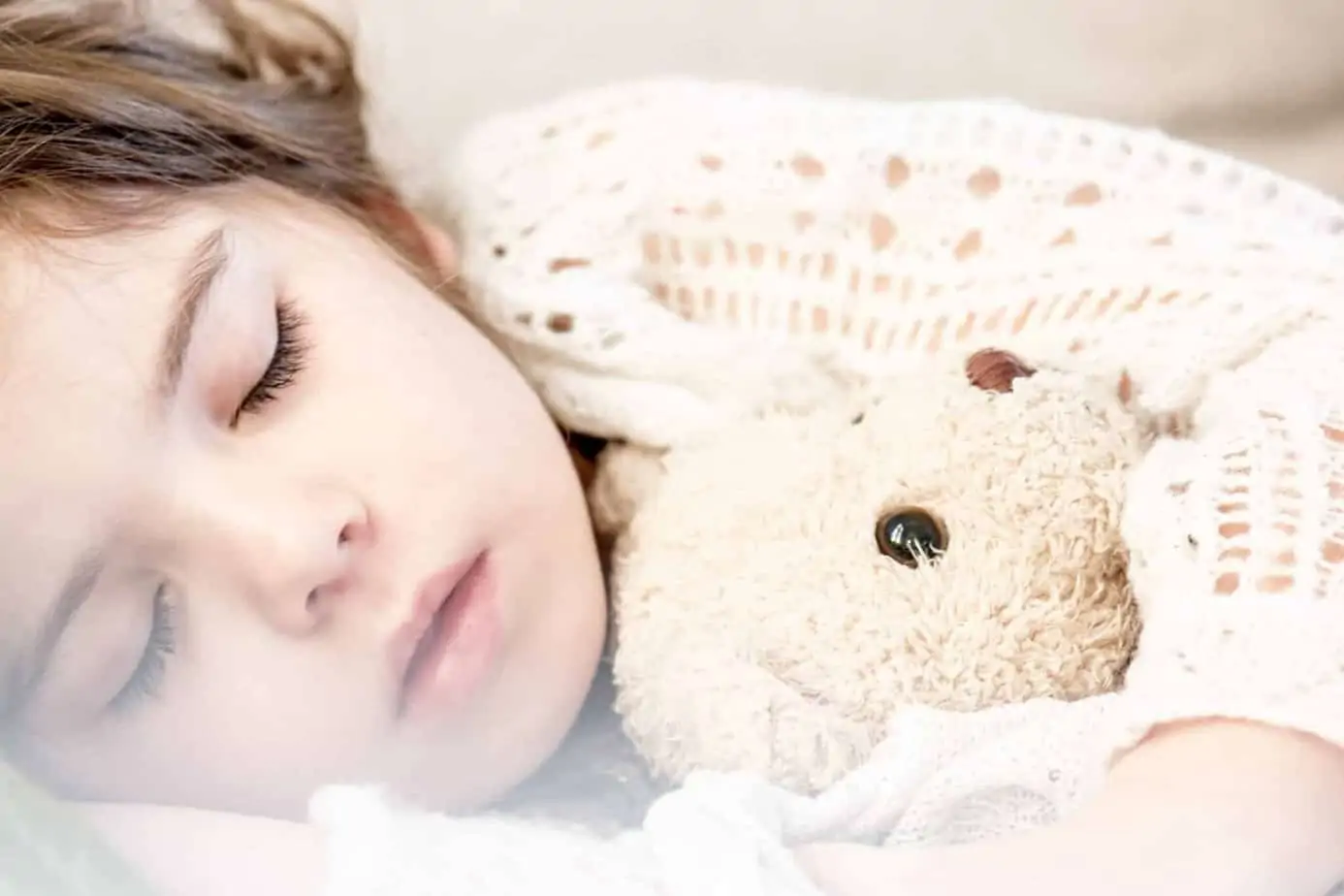
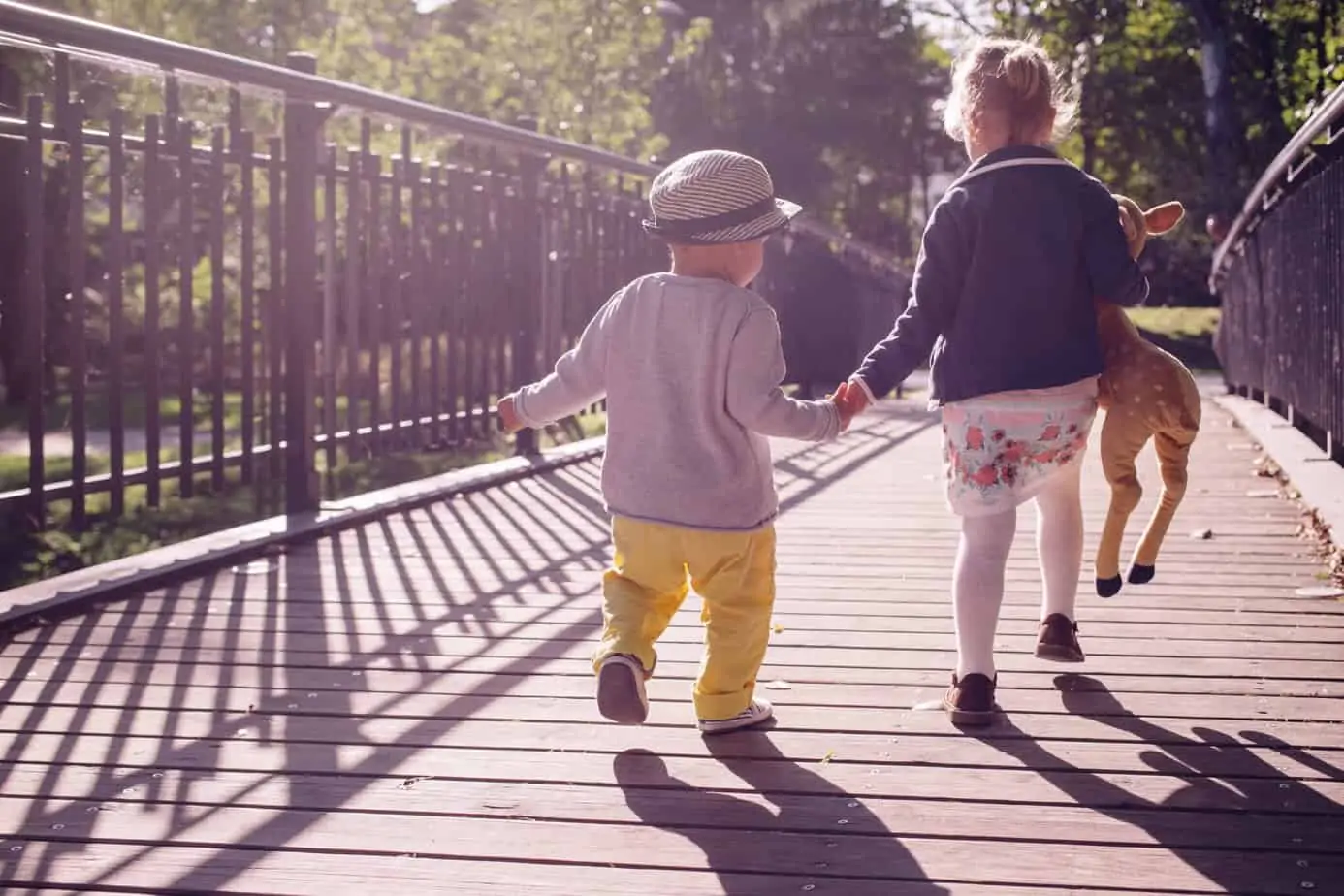
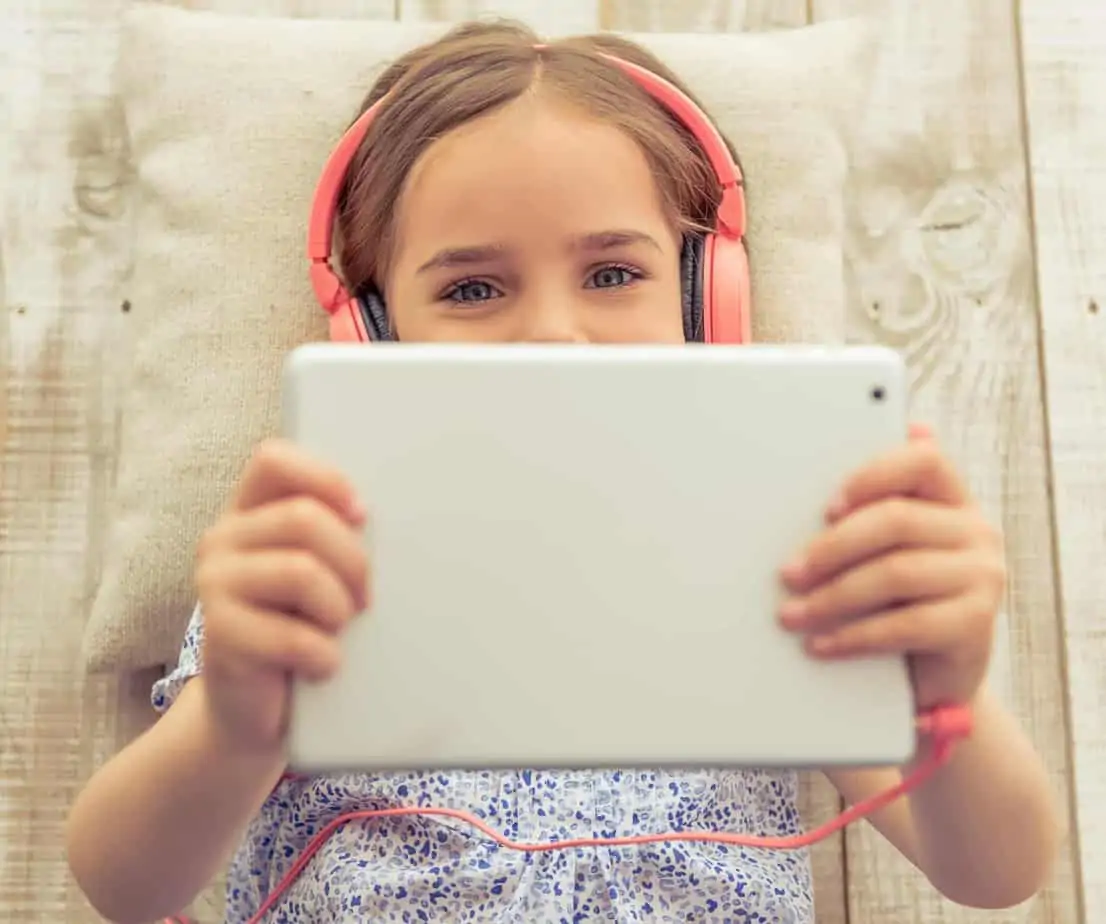
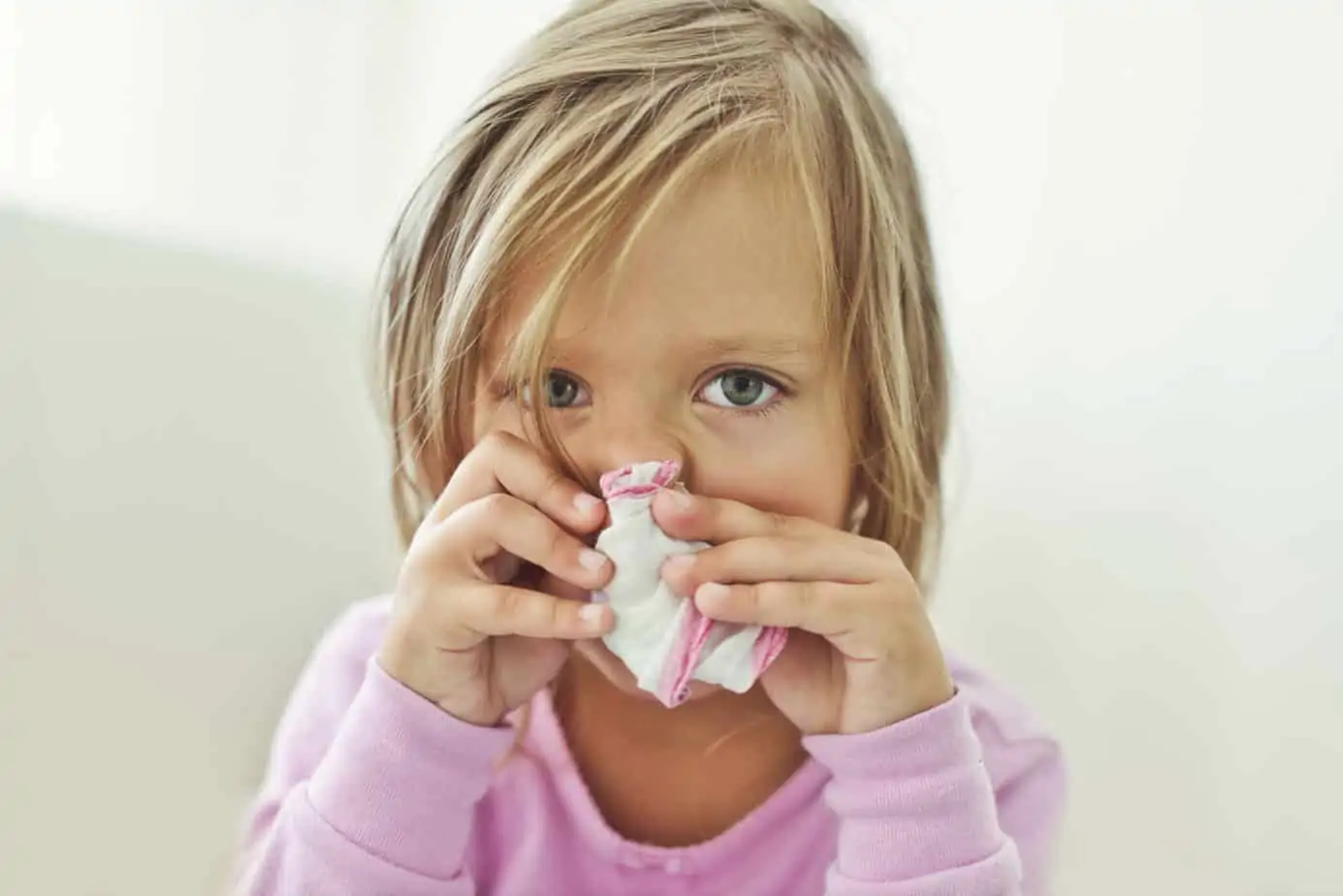
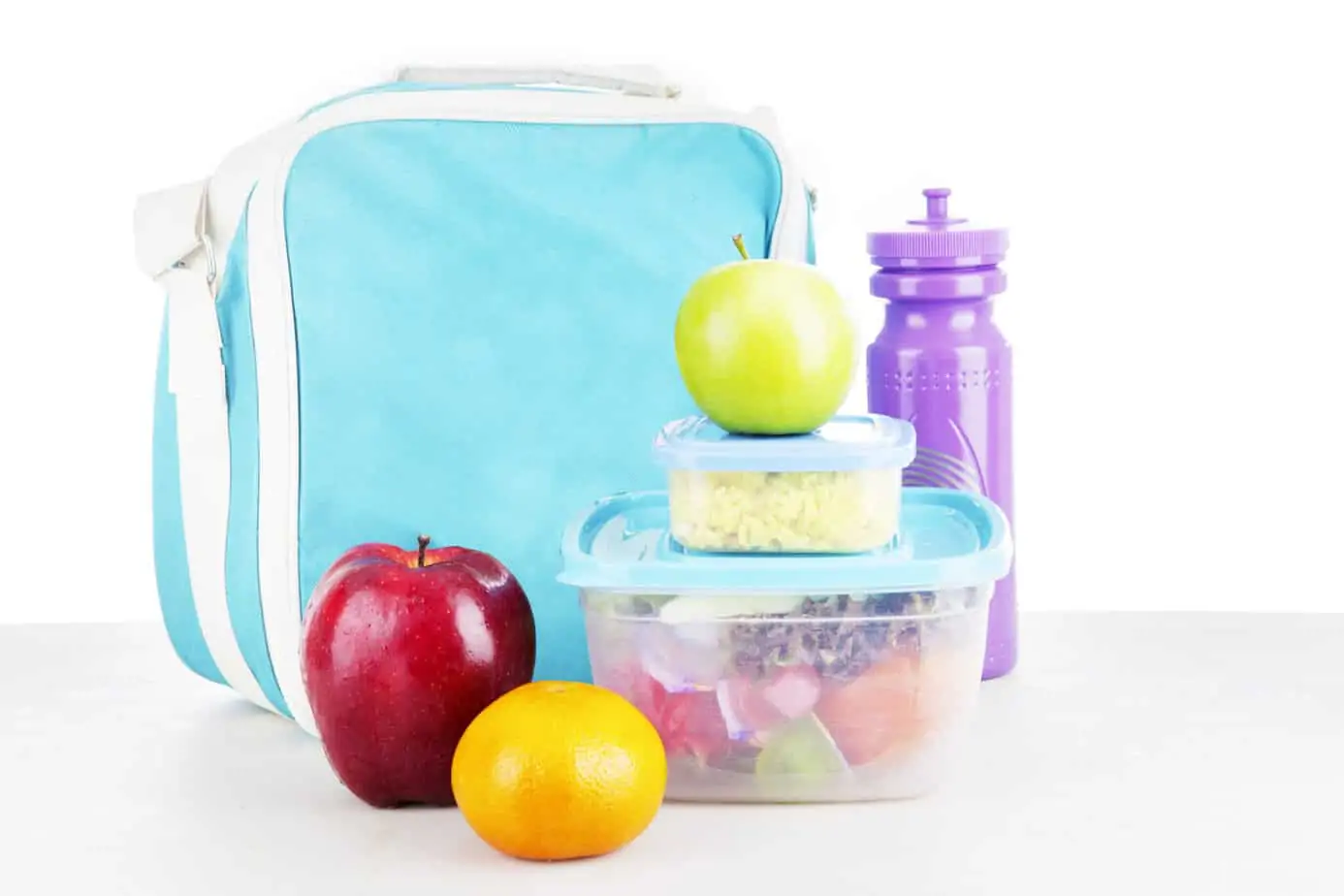
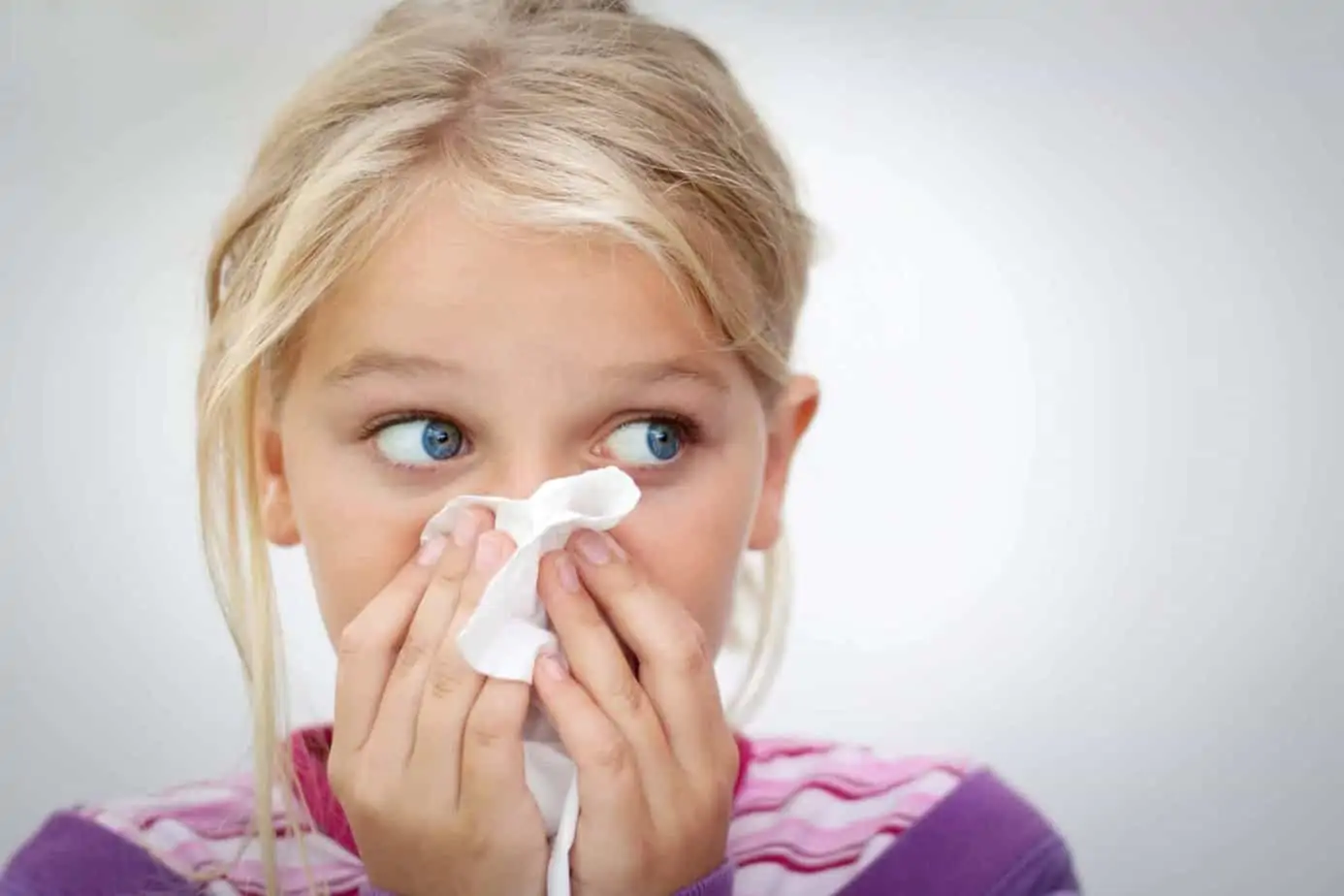
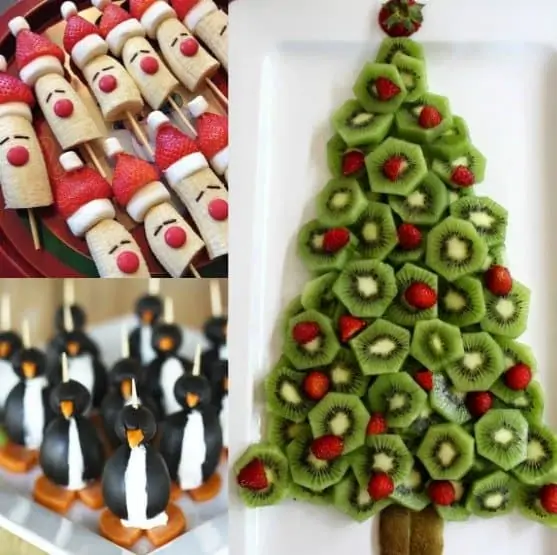
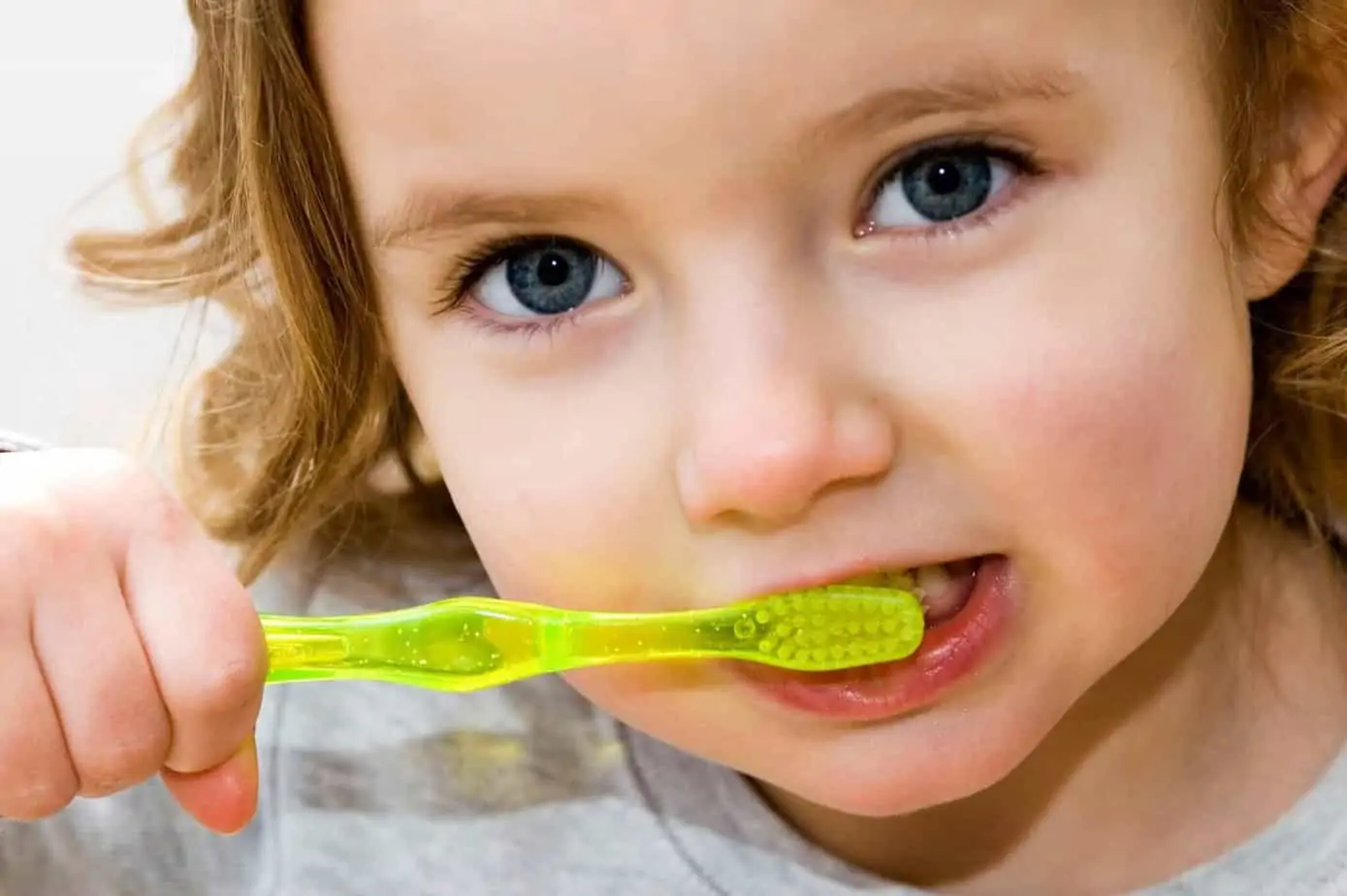

I like number 11. All of e suggestions are just awesome.
Glad you liked these healthy habits Betty, thanks for commenting!